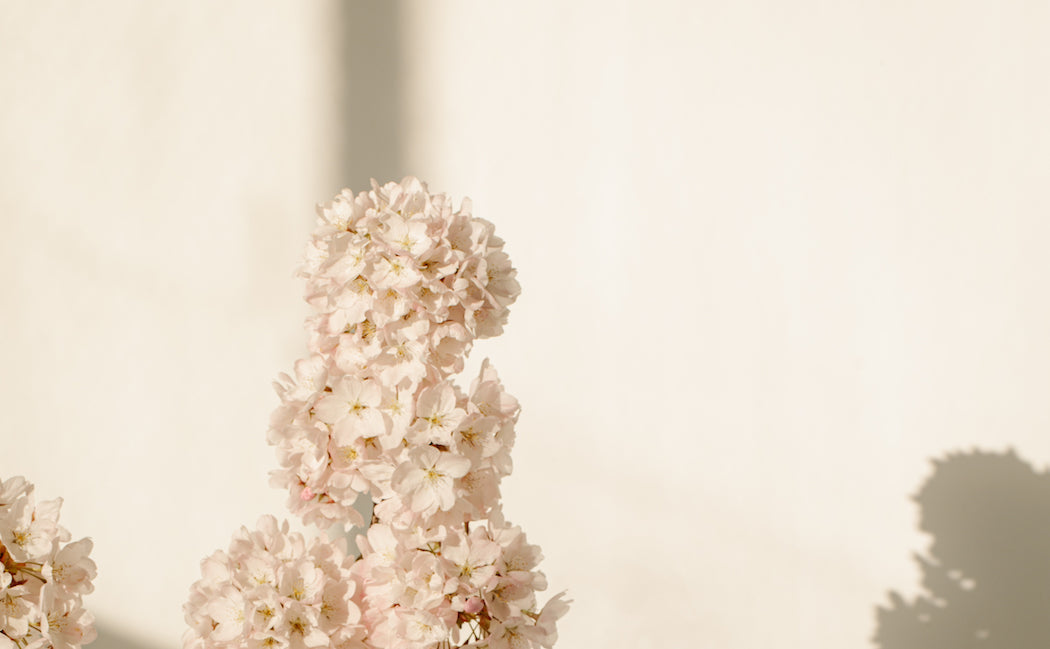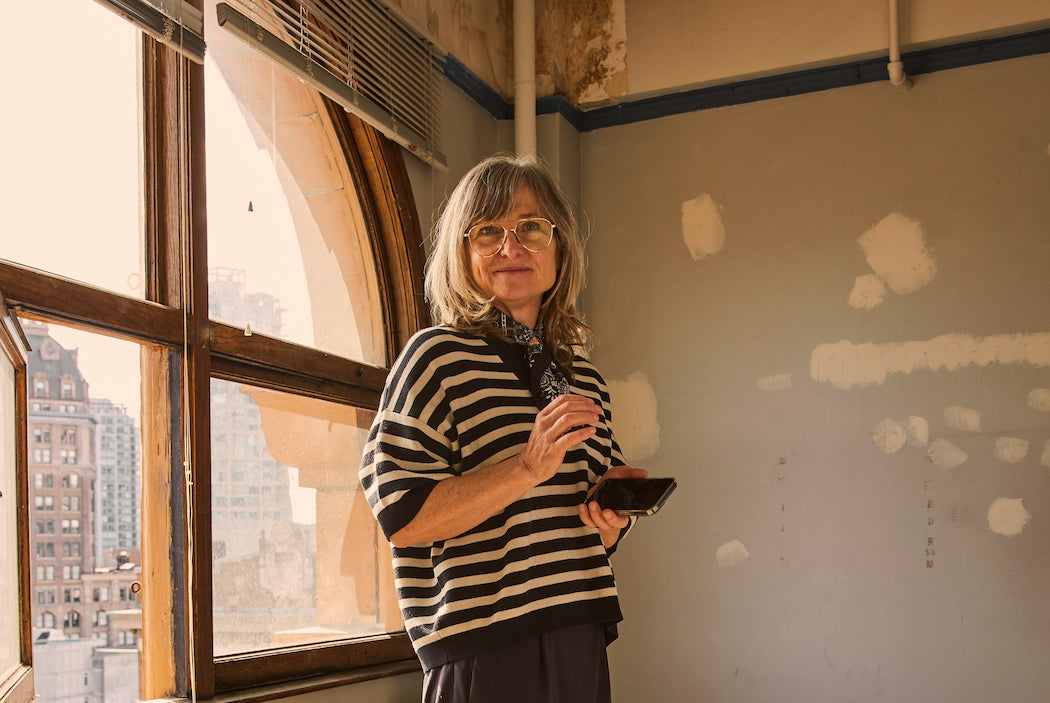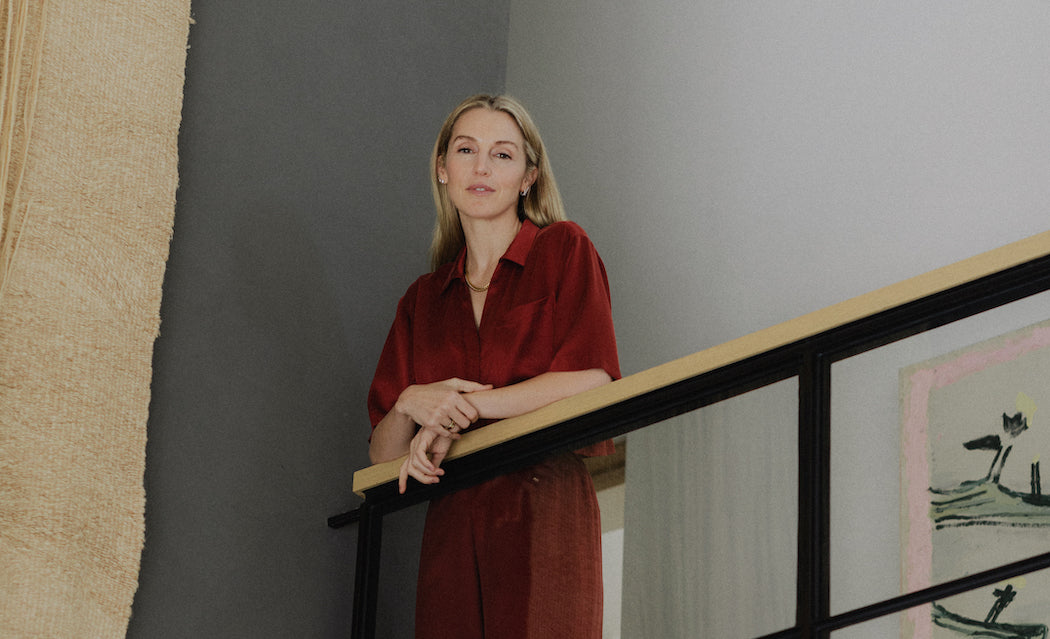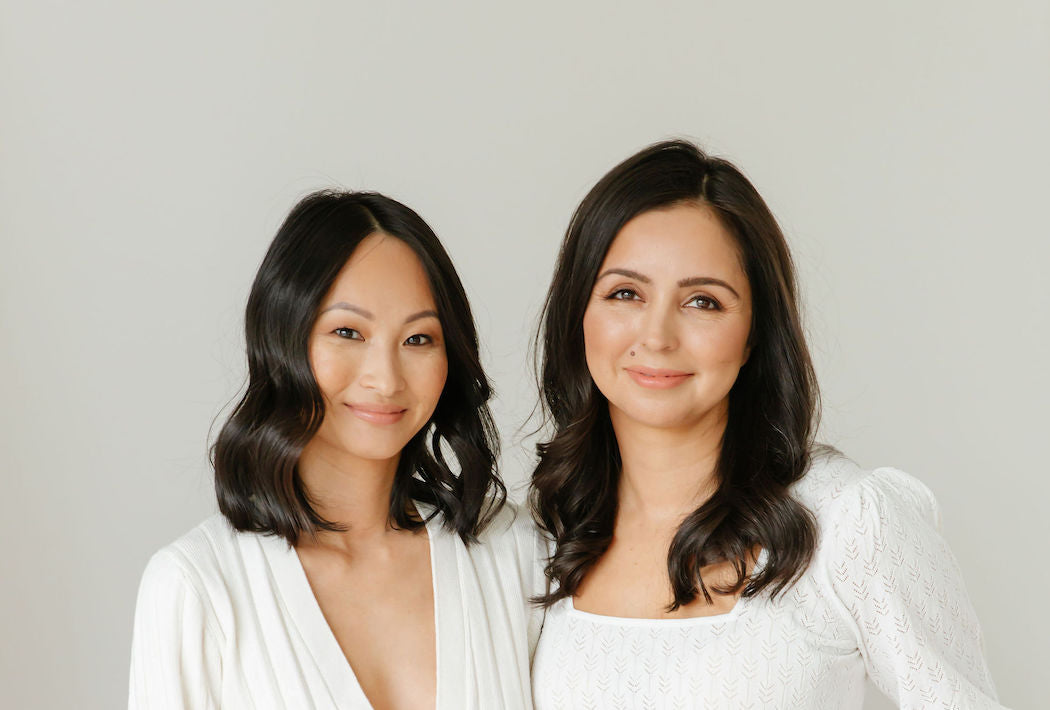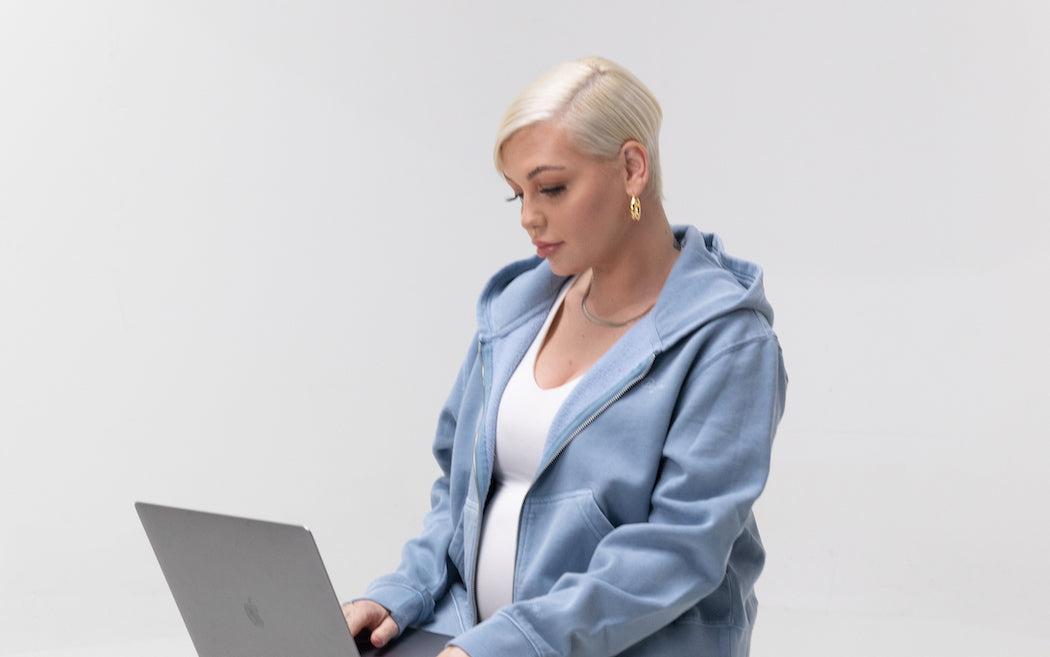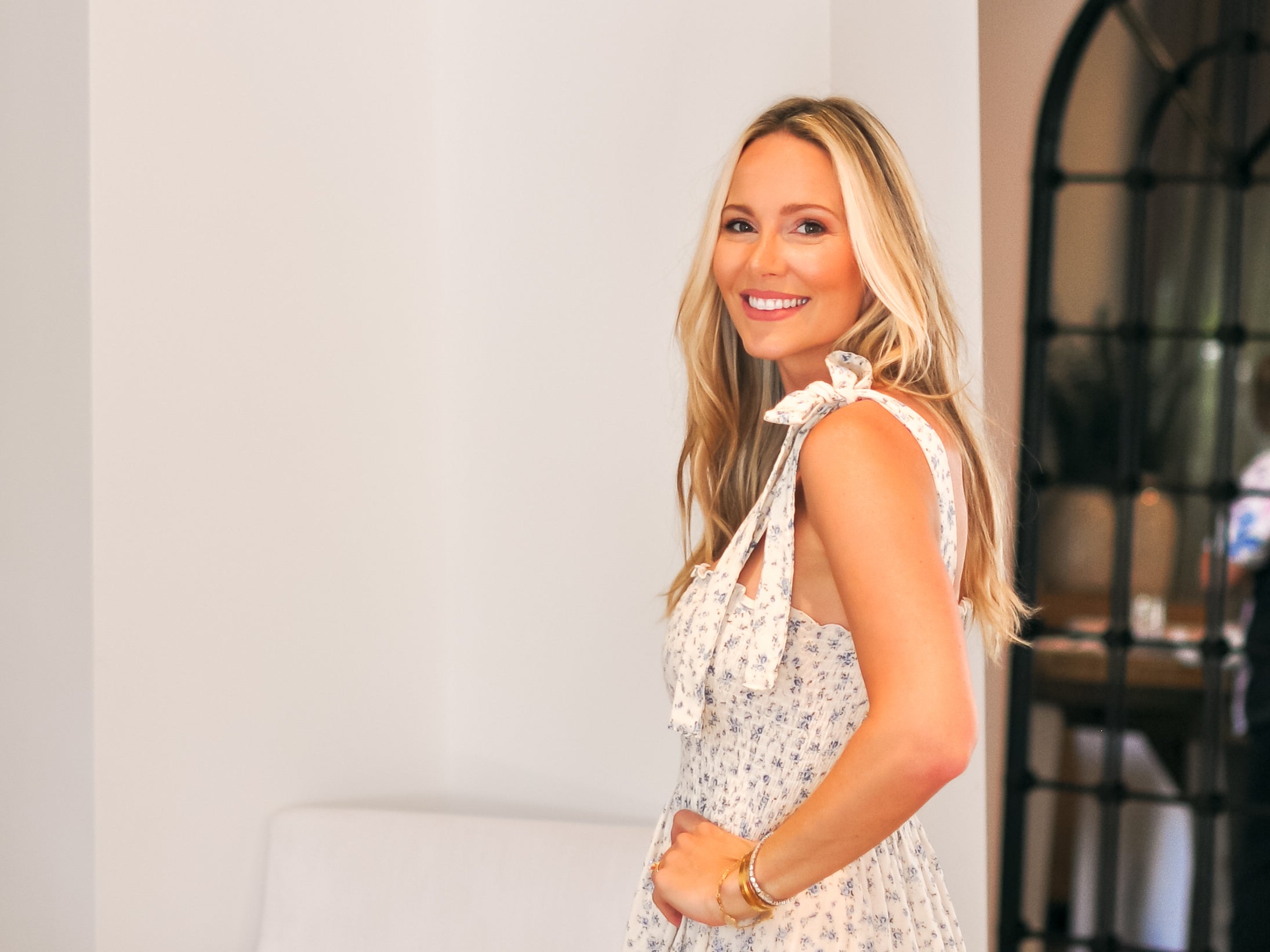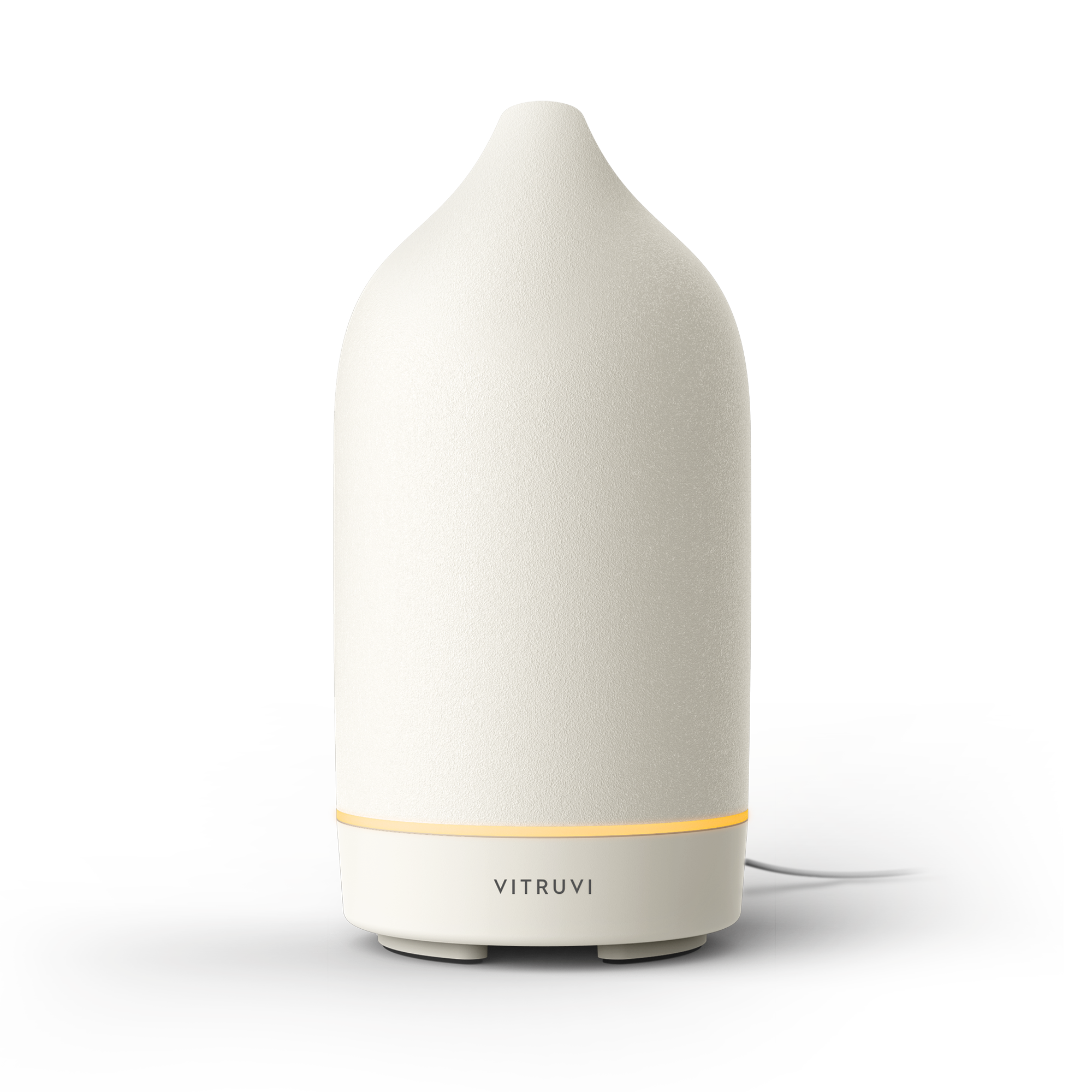At 28 years old, I currently have a son in high school. He’s 13—almost as old as I was when a man decided that his desire to have sex was more important than my “No.”
When I got pregnant at 14 and gave birth at 15, I was still very much developing my physical and emotional senses of self. In many ways, I grew another life before I was old enough to learn what it truly meant to live.
What I did learn vividly and quickly was that I was living in the reaction of someone else’s actions. And while my sharp mind can remember many specific details from my upbringing, some memories of my teenage years are too traumatic. My mind has been operating in survival mode for over a decade now, and to preserve some level of normalcy, it has blacked out a substantial part of my teenagehood and even my son’s childhood.
It wasn’t until years after giving birth to my son that I discovered that twice as many teen moms are at risk of developing postpartum depression, and that most cases go undiagnosed. This brought a level of understanding and validation to my experience; at the time, it felt like my mind was on fire, and I learned to live without asking for help. During postpartum, so many of us are focused on the world’s weight on our shoulders; we think that further struggles don’t warrant support or care. They do.
Rape is so profoundly woven into the fabric of our existence. Societal attitudes towards gender and sexuality create a rape culture of victim-blaming, slut-shaming, sexual objectification, trivialization of abuse, and denial of harm. It is ingrained in so many of us to refuse to hold others accountable for sexually harming us, yet in the same breath, we are made to believe we are at fault for their actions.
When I found out I was pregnant, I remember crying—not because my own life was about to change, but because I put myself in my future son’s shoes. How would he feel about the way in which he came to exist? Viewing the world through the lens of my unborn child was a texture of intimacy I did not expect to experience.
Here’s the thing: we usually associate pain with suffering, but I’ve come to associate pain with understanding.
Becoming a parent so young significantly impacted the rate at which I grew mentally and emotionally; I essentially missed out on the developmental stages of socialization that transpire during our early teen years and throughout young adulthood. This set a tone of anxiety and self-doubt as I tried to navigate through the growth of myself and my son, both together and individually. Outside of school and work, I spent most of my time at home, resulting in endless nights in my own company. This self-directed discovery allowed me to begin processing all of the emotions and problems I had instinctively numbed out of survival. Slowly, I created a level of personal understanding that allowed me to meet myself and even others on a much deeper level. I didn’t have a foundation of self yet, but I entered adulthood anyway. I didn’t have a choice.
When did the experience of trauma become so common that we decided it deserved a name? More importantly, what if we shifted the narrative of trauma? What if we viewed it not as baggage but as an artform?
Trauma is the medium that recreates us, opening up space for growth—and growth, to me, is poetry in motion.
My son came at a time in my life when most of us are dealing with the already complicated nuances of teenagehood; this is where my growth is rooted, where it began. But now I see that it has no end.

